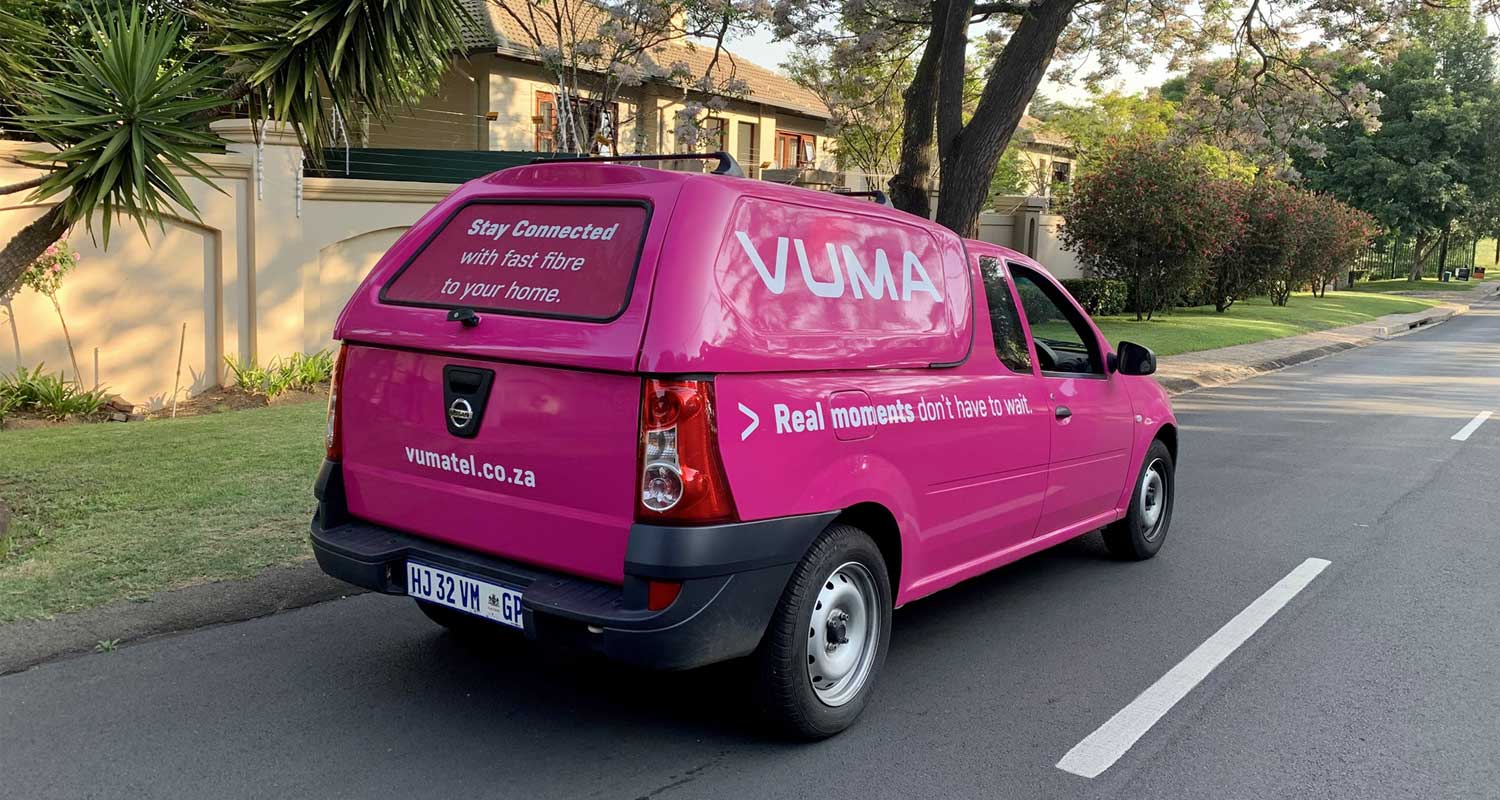You have a preview view of this article while we are checking your access. When we have confirmed access, the full article content will load.
The release of activists like Ilya Yashin gives new hope to an movement in which various groups are often at war with each other. But many have doubts.

By Valerie HopkinsEkaterina Bodyagina and Alina Lobzina
Reporting from Cologne, Germany
Aug. 6, 2024, 10:57 a.m. ET
Among Russians who oppose Vladimir V. Putin and his brutal Ukraine invasion, hopes are high that the Russian dissidents freed last week as part of a prisoner exchange with the West will breathe new life into a fragmented opposition force.
But if it promises an injection of energy into a movement struggling to effect change inside of Russia, it reignites a question older than the Russian Revolution — where is the more effective place to advocate for democratic change: from a prison cell inside of Russia, or in exile?
Either way, the challenge is daunting. For years, decades even, Russia’s opposition has been divided and beset with infighting; the Ukraine invasion has only exacerbated the grievances. And that was before the most influential opposition leader, Aleksei A. Navalny, died in an Arctic penal colony in February.
The most prominent dissidents who remained — Ilya Yashin and Vladimir Kara-Murza, both freed last week — were serving long sentences, but they gained credibility from their willingness to forego the comforts of exile to speak their minds as inmates in Russia’s harsh prison system.
They were exchanged along with Andrei S. Pivovarov, who ran Open Russia, an organization founded by the exiled former oil tycoon Mikhail Khodorkovsky, and three regional politicians with ties to Mr. Navalny. Its mission is to support Russian civil society.
In an interview over the weekend, Mr. Yashin lamented that he had not wanted to leave Russia, and that his release, which he called an “illegal expulsion,” deprived his words of the moral authority they carried from prison. But his supporters expressed cautious optimism in the days after the exchange, because of his unifying power and that of Mr. Kara-Murza, who won the 2024 Pulitzer Prize for commentary for columns he had written in prison for The Washington Post.



 1 month ago
73
1 month ago
73
















